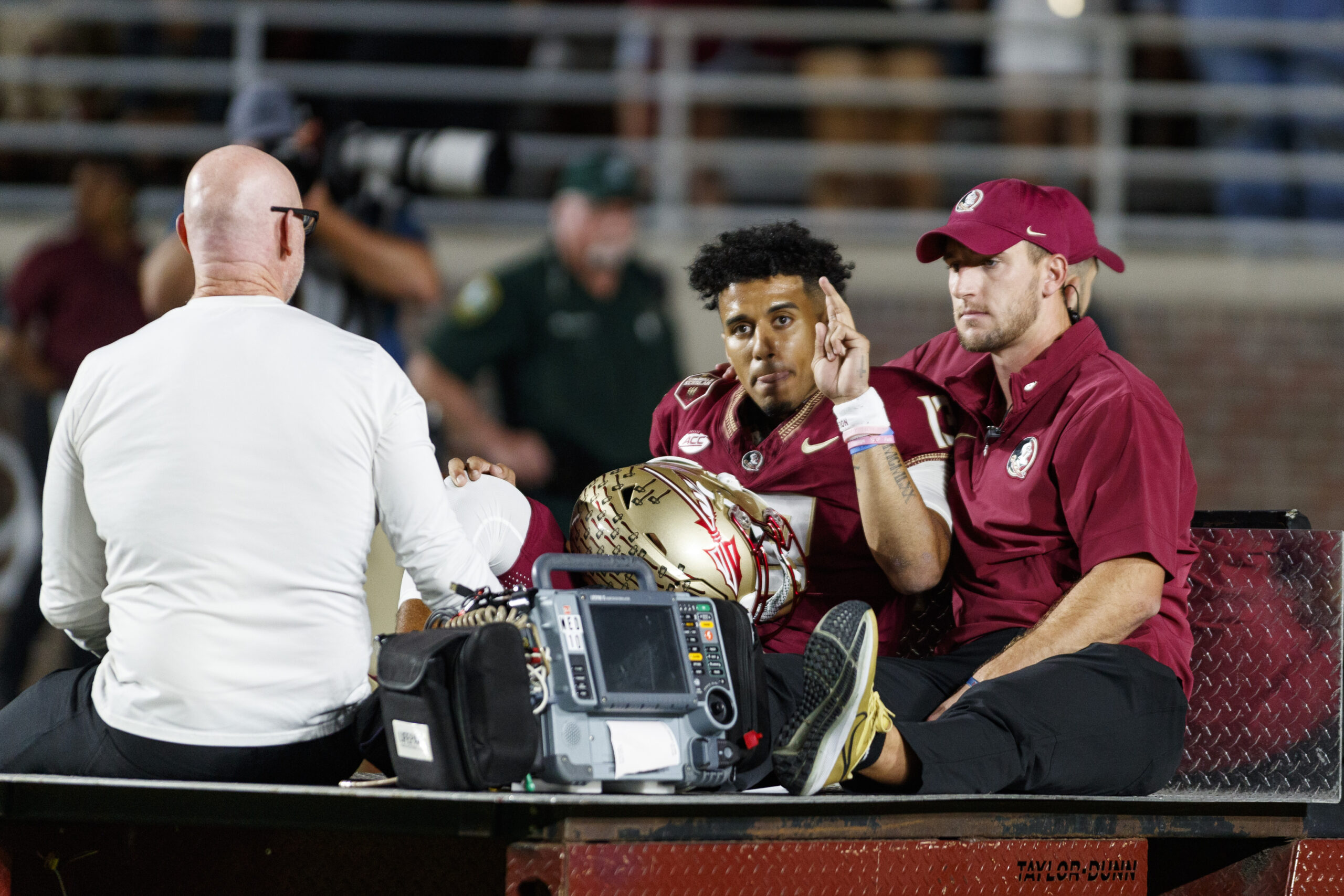As we continue to witness major changes in college football and enter a new era with more realignment, an expanding playoff system, and the transfer portal, the question arises: what other changes will we see over the next 5-10 years, if not sooner?
The Emergence of Conference Championship Games
Relative to the history of the game, conference championship games are a recent development. Before their introduction, the conference champion was decided based on regular-season performance, with the best record within the conference claiming the title. This changed in 1992 when the SEC expanded to 12 teams and a bylaw allowed conferences to split into divisions and hold a championship game. The first SEC Championship Game, featuring undefeated Alabama and the Florida Gators, saw Alabama win and eventually secure the national championship. Despite initial concerns about adding an extra game, these championships quickly became a tradition, a marketing tool, and, crucially, a significant financial asset.

The Impact of the Expanded Playoff Era
Now, as we enter the expanded playoff era, where the five highest-ranked conference champions receive automatic bids and the remaining seven spots go to the highest-ranked teams, the value of conference championships is in question. If teams are confident of being among the 12 playoff contenders, will the risks of injury, revealing too much on tape, and player fatigue outweigh the benefits of competing in these games? Additionally, the ongoing realignment and emergence of super conferences might further diminish their importance.
Reevaluating the Necessity of Conference Championships
Ross Dellenger’s article from last fall pondered whether conference championship games will remain necessary. Several commissioners suggested reevaluating the necessity of adding what would be a 13th game to the schedule before the playoffs.
The Rise of Load Management
As we adapt to this new era, we might see more teams practice ‘load management,’ either during the season or in conference championships if they have already secured a playoff spot. Why risk injury or give playoff opponents additional footage to analyze? Moreover, as depth becomes increasingly crucial, teams might use these ‘less meaningful’ games to give younger players more experience.The impact of load management could fundamentally alter the competitive landscape of conference championships, potentially leading to games that lack the intensity and stakes that fans have come to expect.
Viewer Impact and Financial Viability
If ‘load management’ becomes prevalent, will it alienate viewers who seek high competition in these games? My colleague, Rock Westfall, wrote about load management potentially undermining the essence of college football, and he may have a point, especially as we transition into the expanded playoff era. If teams locked into playoff spots do not exert maximum effort, will it still be financially viable for conferences to maintain these games? This issue could be particularly pronounced in power conferences likely to secure multiple playoff spots, resulting in championship games with minimal participation from starters.
More Sports News
Looking Ahead

Although predicting the future is challenging, much will depend on how coaches handle these scenarios moving forward. We might not see immediate changes, but if an injury like Jordan Travis’s occurred in a championship game with a playoff berth already secured, it wouldn’t be surprising to see players opt out of such games entirely.
While these games are significant for the business of college football, generating substantial financial impact, if they become less competitive and teams no longer field their best players or give maximum effort, it may indicate that these games are no longer worth keeping.


















